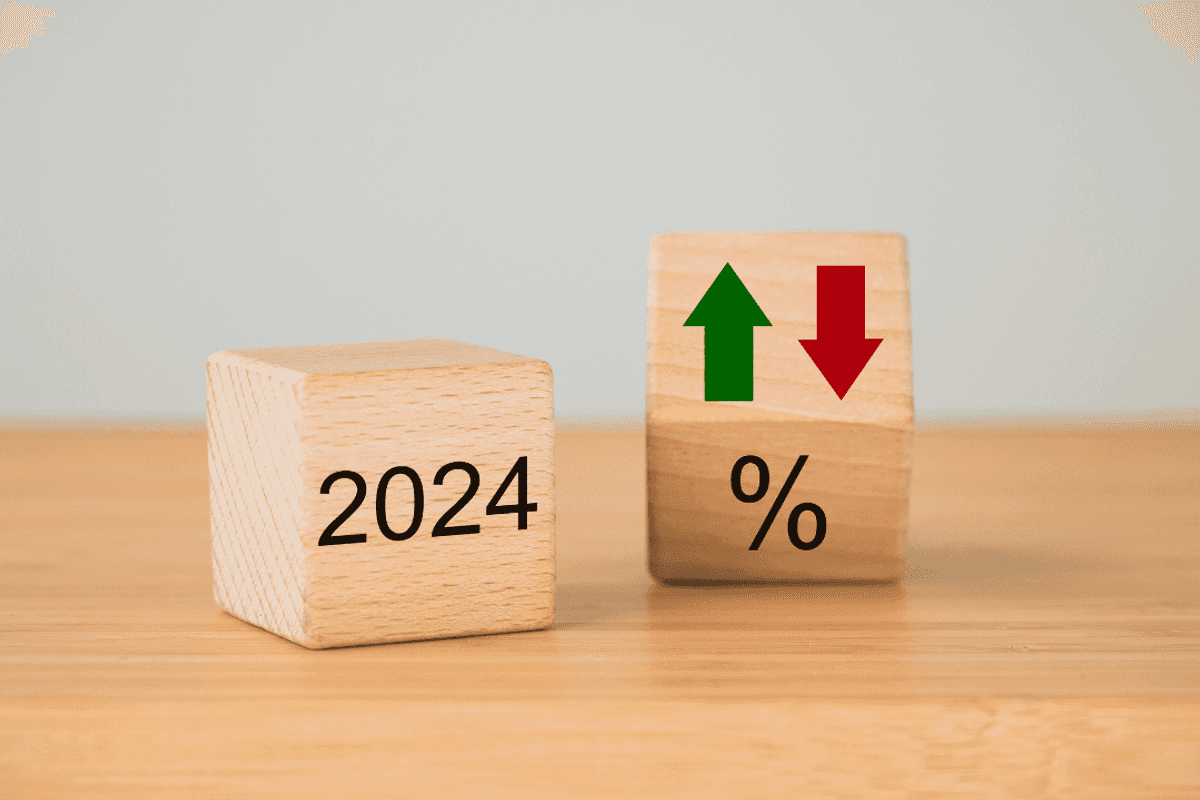Softening inflation, favorable real interest rates: Will Pakistan's central bank continue monetary easing?
Pakistan's real interest rate, currently at 1,010 basis points (bps), remains positive for the ninth consecutive month
Nida Gulzar
Research Analyst
A distinguished economist with an M. Phil. in Applied Economics, Nida Gulzar has a strong research record. Nida has worked with the Pakistan Business Council (PBC), Pakistan Banks' Association (PBA), and KTrade, providing useful insights across economic sectors. Nida continues to impact economic debate and policy at the Economist Intelligence Unit (EIU) and Nukta. As a Women in Economics (WiE) Initiative mentor, she promotes inclusivity. Nida's eight 'Market Access Series papers help discover favourable market scenarios and export destinations.

Pakistan's real interest rate, currently at 1,010 basis points (bps), remains optimistic for the ninth consecutive month
Shutterstock
After reaching unprecedented highs in recent years, Pakistan's inflation has finally been on the downtrend this year. It was recorded at a 6.5-year low of 4.9% in November. To put the significance of this number into perspective, the last time inflation was lower was in April 2018 when it was measured at 3.96%.
This means Pakistan's real interest rate, currently at 1,010 basis points (bps), remains positive for the ninth consecutive month, providing room for another rate cut.
The average inflation for Jul-Nov (5MFY25) is 7.94%, which is lower than the 28.63% recorded in the same period last year.
The latest Pakistan Bureau of Statistics (PBS) data shows urban inflation rose by 0.49% from October and saw a 5.24% increase compared to November 2023. Similarly, rural inflation increased by 0.48% from October, and was also up from the 4.31% recorded in November 2023.
The favorable base effect is here to stay as core inflation decreased to 9.9%, with core-urban at 8.9% — the lowest in 32 months — and core-rural at 10.9% — the lowest in 31 months. The urban core inflation rate, which does not include the cost of food and energy, peaked in May 2023 and then dropped to single digits in September this year.
Key contributors: decline in food, chicken and fresh produce prices
CPI inflation rose by just 0.49% in November from the previous month, primarily due to a 0.20% decrease in food prices.
The food index, which has a weight of 34.6% in the CPI basket, was the only category to weigh negatively on the national CPI, driven by lower prices for perishable items — down by 1.53%.
Chicken prices dropped 16.94%, while fresh fruit and vegetable prices fell 6.73% and 7.17%, respectively. Among the 39 items in the food basket, 14 experienced a decrease in the urban market, while 10 witnessed a decline in the rural market.
Food inflation rose by 0.67% in November compared to the same month last year, driven by pulse gram and besan prices.
With a reading of 1.89% last month, the food index positively impacted inflation. These increased food prices outweighed the decrease in transportation expenses by 1.68%. On the other hand, last month's rising inflationary contributions seemed to be falling this month, and vice versa.
The food index contributed positively to inflation last month, being recorded at 1.89%. These higher food prices overtook the 1.68% decline in transportation costs. Conversely, the previous month's positive contributor to inflation appeared to be the declining contributor and vice versa.
Surge in housing index driven by gas shortages
The housing index, which constitutes 23.6% of the national CPI, rose by 0.30% month-over-month. This increase was fueled by a spike in the use of liquefied hydrocarbons (up 8.95%) and solid fuels (up 4.08%), driven by a gas shortage for domestic consumers.
Meanwhile, the slight drops in construction input costs — down 0.03% — and electricity charges — down 0.22% — due to the Fuel Cost Adjustment (FCA) were not enough to offset the rise in the housing index.
Policy rate outlook
Pakistan’s central bank’s Monetary Policy Committee (MPC) is set to meet on December 16, and it will likely decide to cut the benchmark interest rate by a further 150-200bps. The primary reason for a possible rate cut is the favorable inflation outlook.
Nukta's reasoning is further supported by the six-month KIBOR and T-bill yields being lower than the present policy rate.
Separately, the International Monetary Fund (IMF) lowered its inflation forecast to 9.5%, bringing it closer to Pakistan’s projections. With an average inflation projection of 7.8% for FY25, Nukta expects the interest rate to decline further in the second half of FY25.
Given a favorable external outlook, the central bank will have additional room to reduce rates in the second half of FY25.
Before returning to double digits in the final two months of FY25, inflation is predicted to remain in the 4-6% range in the upcoming months.







Comments
See what people are discussing